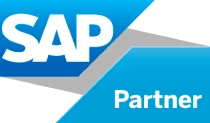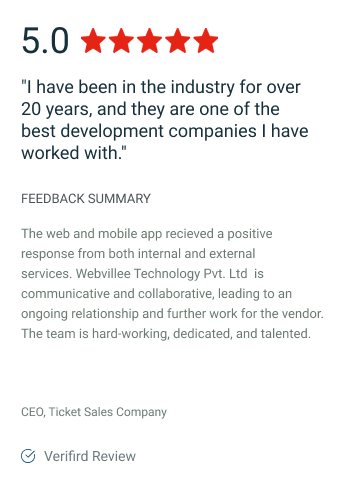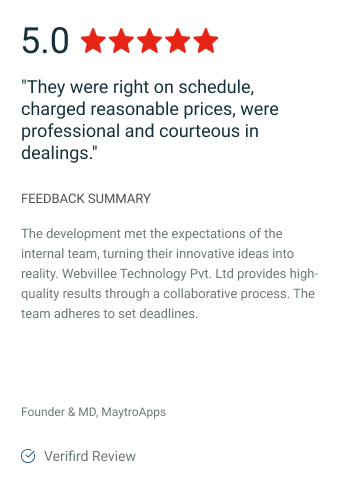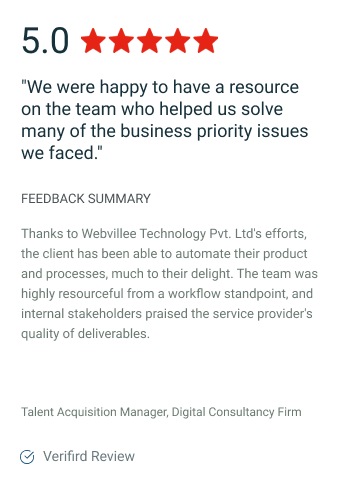In our increasingly digital world, almost every aspect of our lives relies on technology. From making online purchases to managing bank accounts and sending money globally, we depend on digital systems to handle sensitive and important information. However, as more data is shared online, the need for robust security and transparency has never been more critical. This is where blockchain technology steps in.
Blockchain is revolutionizing the way we store, share, and secure information. By offering enhanced security and full transparency, it’s transforming digital processes across industries. Let’s dive into how blockchain works and why it’s considered a game-changer for the future of technology.
What Is Blockchain?
At its simplest, blockchain is a digital ledger or record-keeping system that stores data across a network of computers. Think of it like a digital notebook where every transaction or piece of information is written down on a “block” and linked to the one before it, forming a “chain.” This chain of blocks is constantly updated and verified by multiple users, making the system more secure and difficult to tamper with.
Once data is recorded on the blockchain, it cannot be altered or deleted, creating a permanent and transparent record of every transaction. This is why blockchain is considered so secure and trustworthy.
Key Features of Blockchain Technology
Transparency Blockchain allows all participants in the network to view the same information. This means that anyone can check the history of transactions or data, ensuring that everyone is on the same page. Transparency helps reduce fraud, as everything can be verified at any time by anyone with access.
Security Blockchain uses advanced encryption to secure data. Each block in the chain is connected to the one before it, which makes it nearly impossible to change any information without altering every subsequent block. This level of security makes blockchain especially useful for industries where trust and protection of sensitive data are crucial.
Decentralization Unlike traditional systems where data is stored in a central location (like a bank or company server), blockchain distributes data across multiple computers. This decentralized system means there is no single point of failure. Even if one computer is hacked or goes down, the data remains safe and accessible from the other computers in the network.
Immutability Once information is added to a blockchain, it cannot be changed or deleted. This ensures that the records are permanent and accurate. Whether it’s a financial transaction or a legal contract, immutability guarantees that the data is trustworthy and cannot be manipulated after the fact.
How Blockchain is Changing Various Industries
Finance and Banking
The most well-known use of blockchain is in cryptocurrencies, such as Bitcoin and Ethereum. However, blockchain technology is also being used to make traditional financial systems more efficient. It enables faster, cheaper, and more secure transactions, especially for cross-border payments. Blockchain reduces the need for intermediaries like banks, making transactions quicker and less expensive.
Supply Chain and Logistics
Blockchain helps businesses track goods from their origin to their final destination. By using blockchain to log each step in the supply chain, companies can verify the authenticity of products, ensure they are ethically sourced, and avoid counterfeit goods. This is particularly useful for industries like food and pharmaceuticals, where tracking products for safety and quality is essential.
Healthcare
In healthcare, blockchain can be used to store patient records securely. Doctors, hospitals, and patients can share health data safely, ensuring that the information is accurate, up-to-date, and accessible only to authorized people. This also helps reduce errors and fraud in medical billing and insurance claims.
Voting Systems
Blockchain has the potential to transform the way we conduct elections. By using blockchain to record votes, we can create an electronic voting system that is secure, transparent, and tamper-proof. Each vote would be recorded as a unique transaction, making it almost impossible for votes to be altered or counted incorrectly.
Real Estate
Blockchain can also streamline the real estate process by reducing fraud and speeding up transactions. It allows for the digital recording of property ownership, making it easier to track property titles, ensure they are legitimate, and reduce paperwork.
Advantages of Blockchain Technology
Reduced Costs
Blockchain eliminates the need for intermediaries (such as banks or third-party agencies) to verify transactions. This can significantly reduce transaction fees and processing times.
Faster Transactions
Traditional financial transactions, especially cross-border payments, can take several days to process. With blockchain, these transactions can be completed in minutes or even seconds, without the need for a middleman.
Increased Trust
Since blockchain is transparent, secure, and immutable, it builds trust among users. Whether it’s a financial transaction, a contract, or voting, users can trust that the process is fair and the data is accurate.
Better Security
Blockchain’s decentralized structure and use of encryption make it incredibly secure. Unlike traditional systems, where data is stored in a central location, blockchain ensures that even if one part of the system is attacked, the rest of the data remains safe.
The Future of Blockchain
Blockchain technology is still in its early stages, but its potential is huge. More and more industries are adopting blockchain for various applications, and as technology continues to evolve, we can expect to see even more uses for it in the future. From healthcare to voting, supply chain management to finance, blockchain is set to revolutionize how we interact with digital processes.
As blockchain becomes more mainstream, it could change the way we do everything, from making payments to voting in elections, and even how we secure our personal data online.
Wrapping up! At Webvillee, embracing blockchain technology means staying at the forefront of innovation and ensuring that their digital processes are secure, transparent, and reliable. As more businesses adopt blockchain to streamline operations and build trust with customers, Webvillee is well-positioned to provide cutting-edge solutions that help clients harness the full potential of blockchain.
With the growing demand for secure and efficient digital processes, Webvillee is committed to helping businesses navigate this digital transformation, ensuring they leverage blockchain to improve their operations, enhance customer experiences, and drive future success. As blockchain continues to grow and develop, Webvillee is excited to be part of this revolution, offering forward-thinking solutions to meet the evolving needs of today’s digital world.





